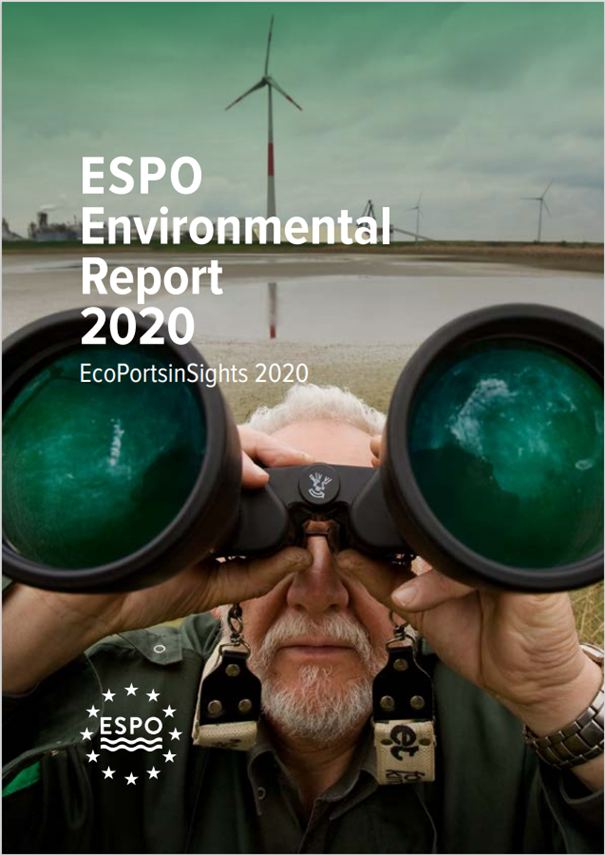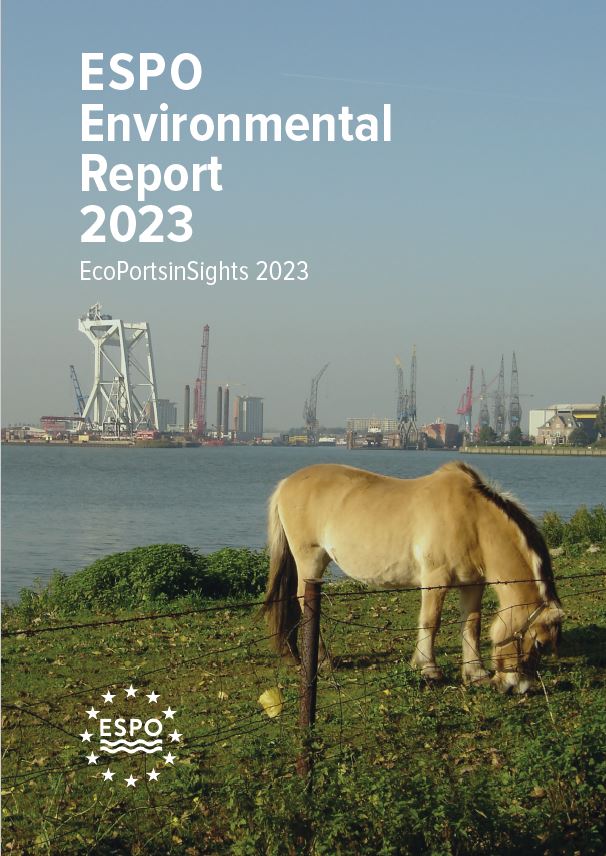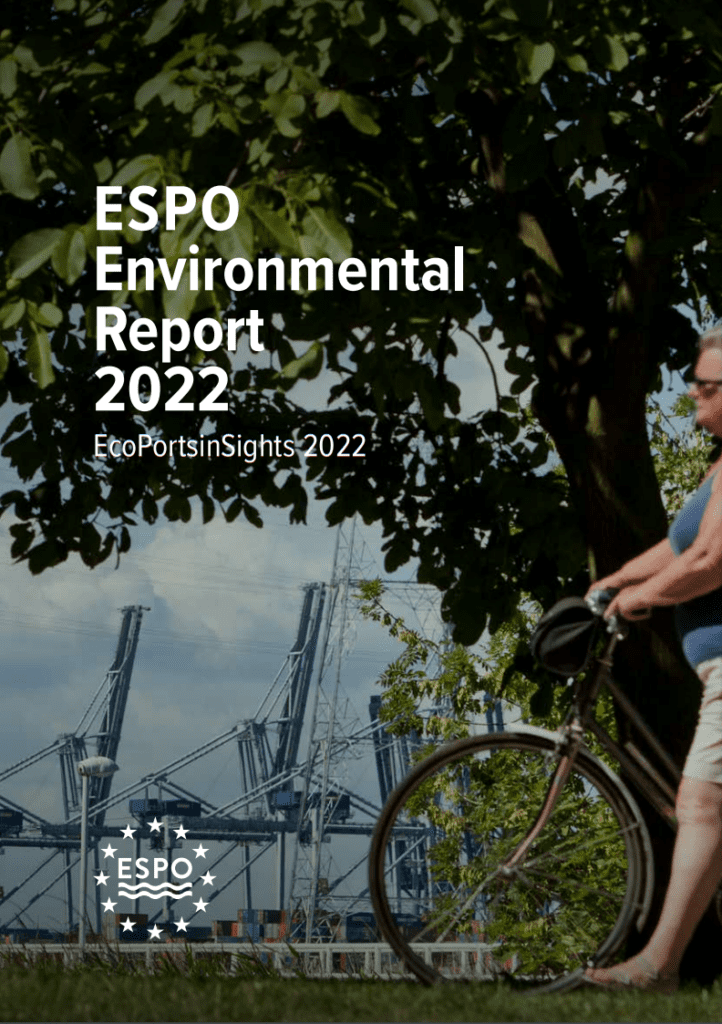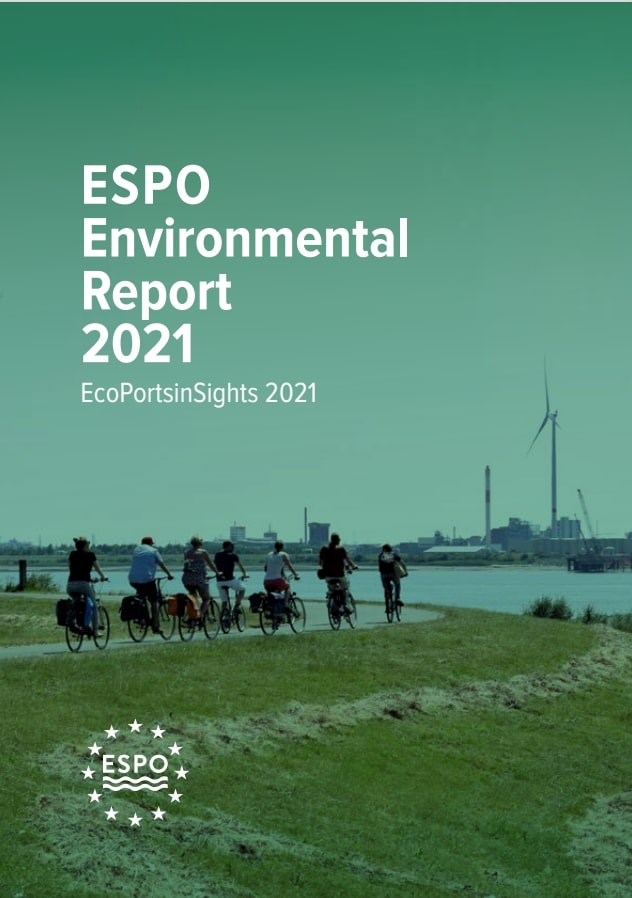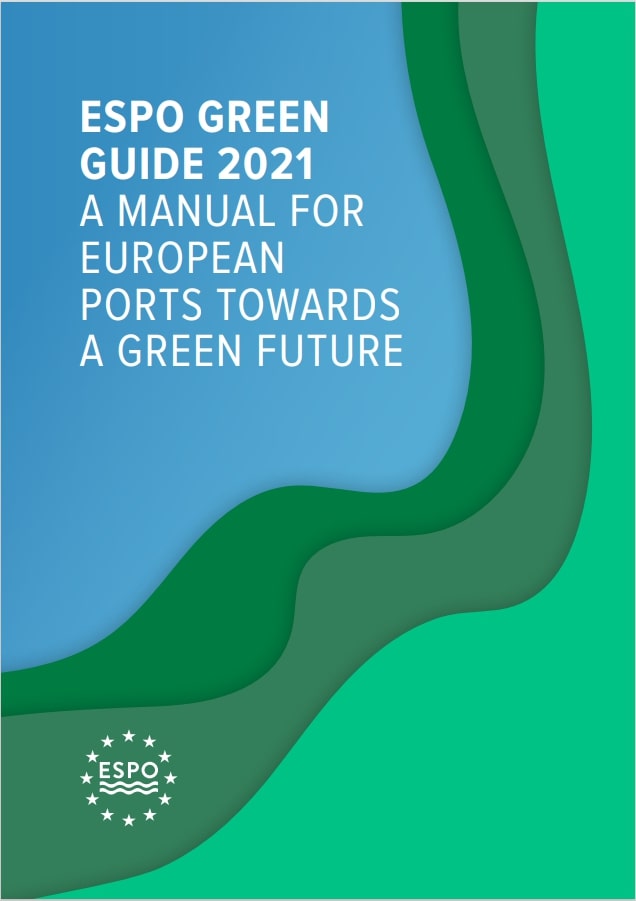This 5th ESPO Annual Environmental Report is based on data provided by close to a hundred ports active in the EcoPorts Network. The data consists of their responses to the questions posed in the Self-Diagnosis Method (SDM). These have been analysed and interpreted, mindful of the fact that for several months of the reporting year, Covid-19 has had a severe negative impact on human health and the world economy. Over the last months, European ports have been playing a critical role in the supply and distribution of goods and in keeping the economy running. As gateways to the world, being at the crossroads of supply chains, hubs of energy, industry and blue economy, ports are at the centre of different strategies and can be unique engines of growth and recovery. In many ports, the new situation has meant a reprioritisation and change in how ports operate, meaning that the status and priority of environmental issues has been subordinated in some instances. The scale and impact of Covid-19 on ports is still unclear, and it is likely that the full ramifications of the situation will only become clear in the coming years. However, threats of droughts, floods, and extreme storms linked to climate change remain, and they require swift and continuous action. It is on this basis, and against this background, that this report has been independently compiled.
The European Sea Ports Organisation (ESPO) has unveiled its Annual ESPO Environmental Report 2023 – EcoPortsinSights 2023, marking the eighth…
Read more